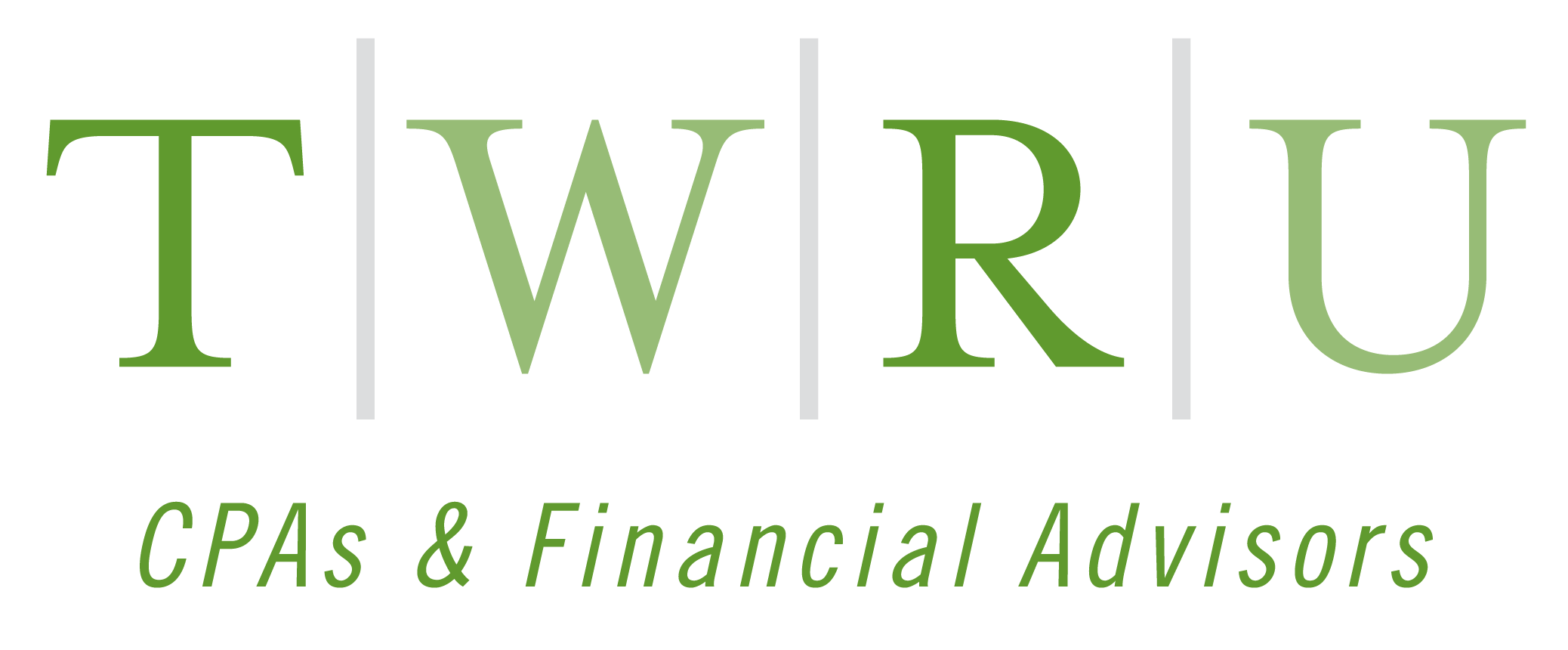Are you familiar with fraudulent transfer laws?
A primary goal of your estate plan is to transfer wealth to your family according to your wishes and at the lowest possible tax cost. However, if you have creditors, be aware of fraudulent transfer laws. In a nutshell, if your creditors challenge your gifts, trusts or other strategies as fraudulent transfers, they can quickly undo your estate plan. 2 fraud types Most states have adopted the Uniform Fraudulent Transfer Act (UFTA). The act allows creditors to challenge transfers involving two types of fraud that you should be mindful of...
Read More3 midyear tax planning strategies for individuals
In the quest to reduce your tax bill, year end planning can only go so far. Tax-saving strategies take time to implement, so review your options now. Here are three strategies that can be more effective if you begin executing them midyear: 1. Consider your bracket The top income tax rate is 39.6% for taxpayers with taxable income over $418,400 (singles), $444,550 (heads of households) and $470,700 (married filing jointly; half that amount for married filing separately). If you expect this year’s income to be near the threshold , consider...
Read More4 tough questions to ask before expanding to a new location
Is business going so well that you’re thinking about adding another location? If this is the case, congratulations! But before you start planning the ribbon-cutting ceremony, take a step back and ask yourself some tough questions about whether a new location will grow your company — or stretch it too thin. Here are four to get you started: 1. What’s driving your interest in another location? It’s important to articulate specifically how the new location will help your business move toward its long-term goals. Expanding simply because the time...
Read MoreSummer is a good time to start your 2017 tax planning and organize your tax records
You may be tempted to forget all about taxes during summertime, when “the livin’ is easy,” as the Gershwin song goes. But if you start your tax planning now, you may avoid an unpleasant tax surprise when you file next year. Summer is also a good time to set up a storage system for your tax records. Here are some tips: Take action when life changes occur. Some life events (such as marriage, divorce, or the birth of a child) can change the amount of tax you owe. When they...
Read MoreGetting your money’s worth out of a company retreat
Company retreats can cost enormous amounts of time and money. Are they worth it? Sometimes. Large-scale get-togethers can involve considerable out-of-pocket costs. And if the retreat is poorly planned or executed, participants’ wasted time is the biggest expense. But a properly budgeted, planned and executed retreat can be hugely profitable, producing fresh ideas, renewed enthusiasm and heightened employee morale. Here are a few ways to get your money’s worth out of a company retreat. Create specific objectives First, nail down your goals and objectives. Several months ahead of time,...
Read MoreCould stronger governance benefit your business?
Every company has at least one owner. And, in many cases, there exists leadership down through the organizational chart. But not every business has strong governance. In a nutshell, governance is the set of rules, practices and processes by which a company is directed and controlled. Strengthening it can help ensure productivity, reduce legal risks and, when the time comes, ease ownership transitions. Looking at business structure Good governance starts with the initial organization (or reorganization) of a business. Corporations, for example, are required by law to have a...
Read MoreReal estate investor vs. professional: Why it matters
Income and losses from investment real estate or rental property are passive by definition — unless you’re a real estate professional. Why does this matter? Passive income may be subject to the 3.8% net investment income tax (NIIT), and passive losses generally are deductible only against passive income, with the excess being carried forward. Of course the NIIT is part of the Affordable Care Act (ACA) and might be eliminated under ACA repeal and replace legislation or tax reform legislation. But if/when such legislation will be passed and signed into...
Read MoreDonating a vehicle might not provide the tax deduction you expect
All charitable donations aren’t created equal — some provide larger deductions than others. And it isn’t necessarily just how much or even what you donate that matters. How the charity uses your donation might also affect your deduction. Take vehicle donations, for example. If you donate your vehicle, the value of your deduction can vary greatly depending on what the charity does with it. Determining your deduction You can deduct the vehicle’s fair market value (FMV) if the charity: Uses the vehicle for a significant charitable purpose (such as delivering...
Read MoreAcquaint yourself with the Roth IRA as an estate planning tool
A Roth IRA can be a valuable estate planning tool, offering the opportunity for tax-free growth as long as it exists and requiring no distributions during your life, thus allowing you to pass on a greater amount of wealth to your family. While traditional IRAs are more common, there’s no time like the present to consider how a Roth IRA might better help you achieve your estate planning goals. Roth vs. traditional IRA With a Roth IRA, you give up the deductibility of contributions for the opportunity to make tax-free...
Read More4 ways to encourage nonprofit donors to make unrestricted gifts
Because restricted gifts have stringent rules attached, they can be difficult for not-for-profits to manage and account for. How, then, do you encourage donors to make unrestricted gifts that your organization can use as it deems necessary? Here are four suggestions: 1. Praise the benefits of unrestricted gifts when speaking with potential donors. Explain how your organization uses donations, offering hard numbers and specific examples where needed. Give them as much information as you can about your organization and its decision-makers so that donors feel they can trust you...
Read More
